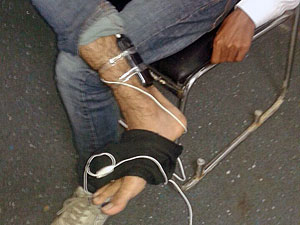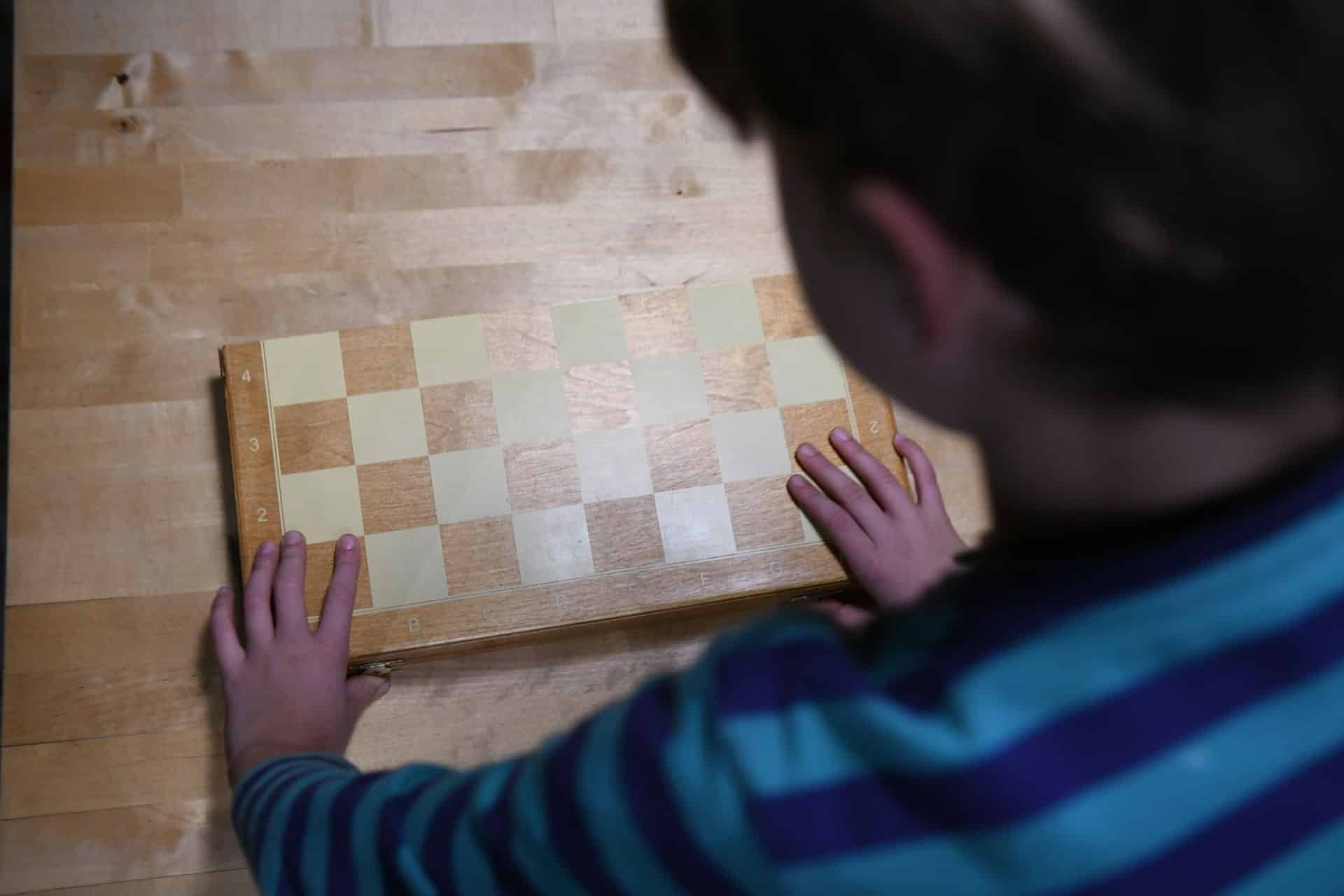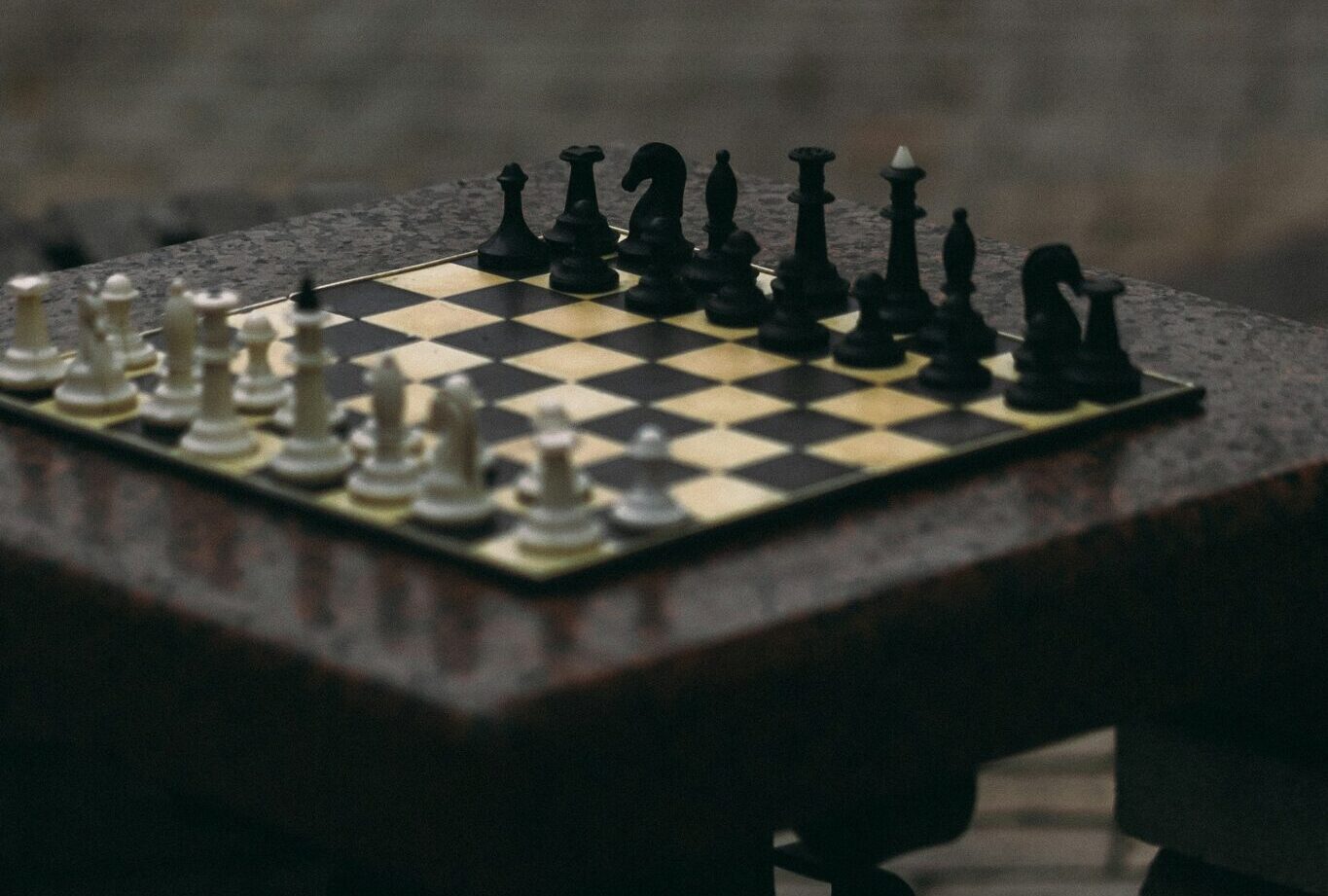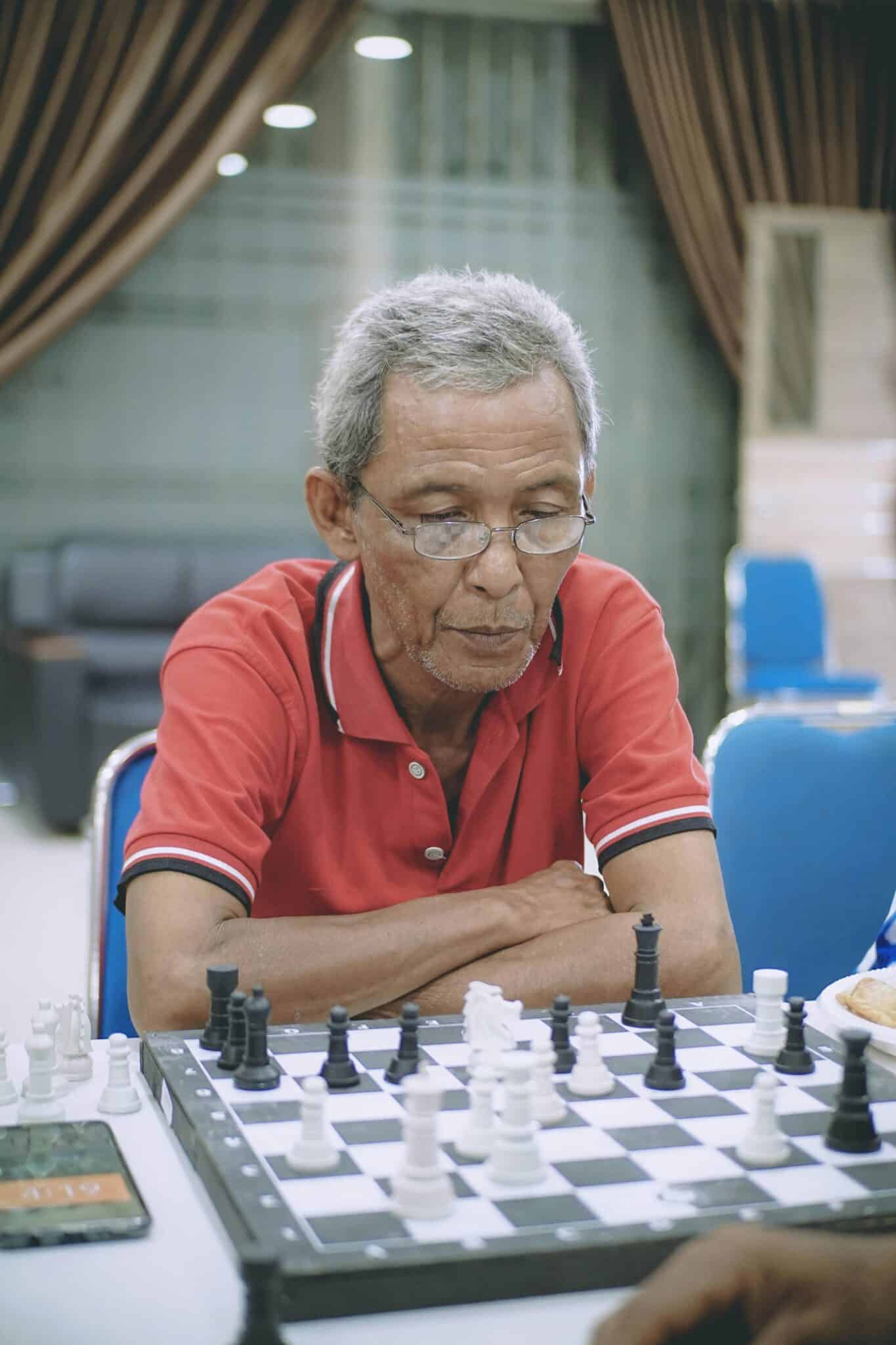Chess cheating can take many forms. This is one of the most popular board games and a great way to enjoy leisure time, but it is not immune to cheating.
Cheating in chess can take many forms, from minor rule bending to outright fraud. The main objective is usually to gain an unfair advantage over opponents or to gain money or recognition.
Cheating can occur in both physical and online chess games. Players may use physical items to gain an advantage, or they may use computers or other technology to assist them. They may also engage in psychological manipulation, or use bribery and deception.
Table of Contents
Is easy the chess cheating in game?
Cheating can be difficult to detect and prevent. Chess organizations have implemented rules and regulations to ensure fair play and discourage chess cheating. They have also created systems to detect and punish any players found to be cheating.
Finally, it is important to remember that chess should remain an enjoyable and fair game. To ensure this, players should be aware of the risks of cheating and take steps to prevent it.
Chess cheating is the act of using methods to alter the result of a game. It can happen in both online and offline tournaments. Chess cheating can be done in various ways including:
- Using external help or advice
- Altering the pieces or board
- Giving false information to opponents
- Using computer programs to gain an advantage
The consequences of chess cheating can be severe, ranging from warnings to expulsion from tournaments and even permanent bans from the chess world. Cheating can also have a lasting effect on a player's reputation. Professional players and organizations take the issue of cheating seriously and take steps to ensure fair play.
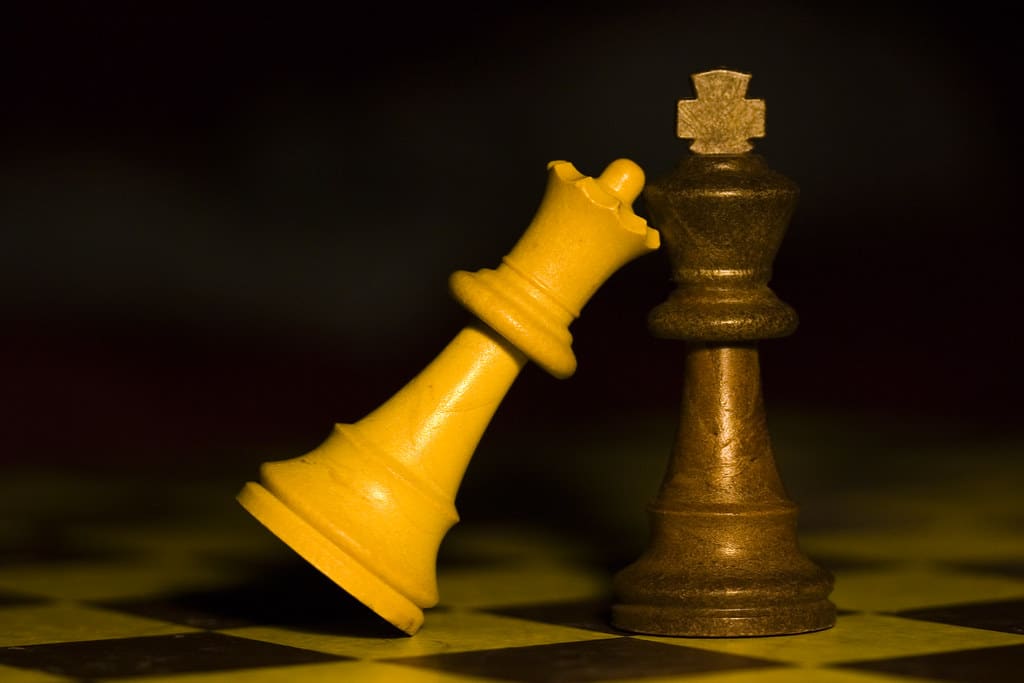
Is it possible to chess cheating?
Chess is a highly tactical game and, as such, it is possible to cheat while playing it. It is possible to do this by using a computer to calculate moves, using a chess clock to gain an advantage, or by collusion between two players. Additionally, it is possible to cheat by manipulating pieces, changing the board setup or using other methods to gain an unfair advantage.
Cheating in chess is not necessarily limited to human players. Computer programs are increasingly becoming better at chess and are capable of using sophisticated methods to gain an edge over their opponents. For example, some programs can use brute force search techniques to find the best move in a given situation.
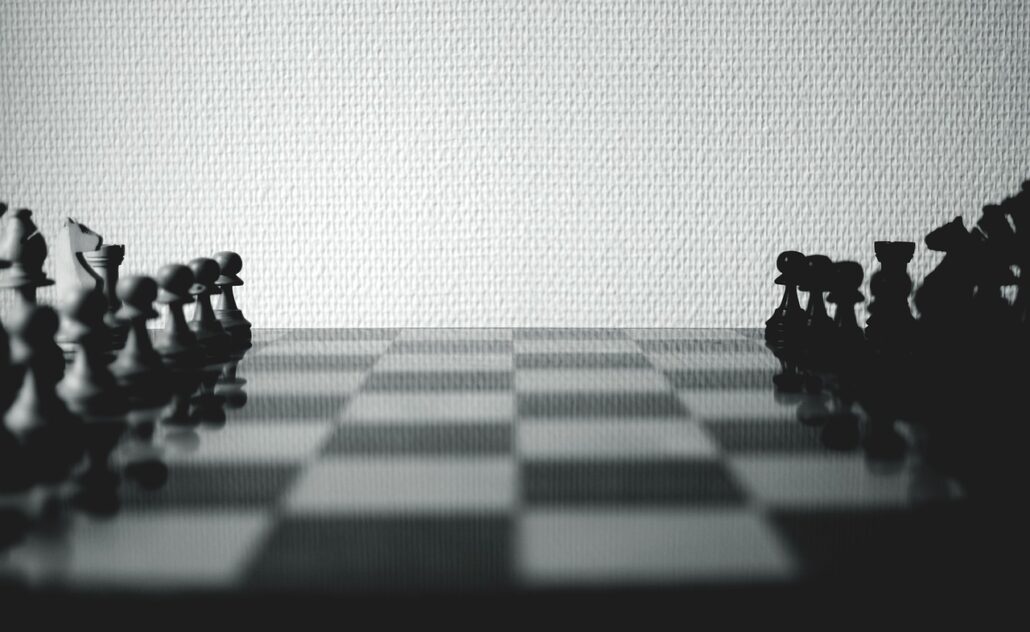
Chess cheating is generally considered to be unethical and can result in serious penalties from tournament organizers. In addition, it is possible for a player to be banned from tournaments if they are found to be cheating. It is important for players to abide by the rules and regulations of tournaments in order to ensure fair play.
The best way to avoid cheating in chess is to play in an organized tournament with a reliable referee. This will ensure that the rules are enforced and that any attempts at cheating are quickly identified and dealt with. Additionally, players should be aware of the potential for cheating and take steps to protect themselves.
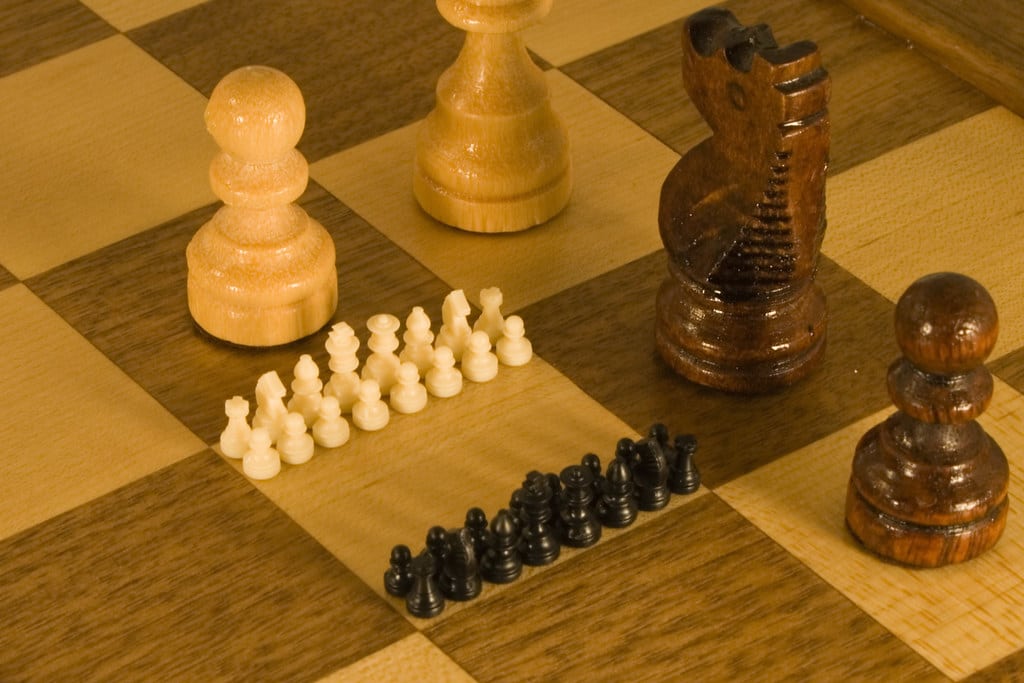
How common is cheating in chess?
Cheating in chess is unfortunately becoming more common as technology evolves. Players can use special boards, cell phone apps and other devices to gain an unfair advantage over their opponents. Even though cheating is more widespread, it is still relatively rare. Most players adhere to the rules and take pride in honest play.
Cheaters can be difficult to spot, but there are some signs to watch out for. Abnormal behavior, such as using a cell phone or making moves very quickly, can be an indication of cheating. Players may also avoid physical contact with their opponents and be reluctant to show their games to spectators.
Organizers of chess tournaments can help prevent cheating by enforcing strict rules. Players should be required to switch off their phones and the playing area should be monitored for any suspicious behavior. If cheating is suspected, the organizer should take appropriate action.
Cheating in chess serves no real purpose and only tarnishes the reputation of the game. Players should take pride in honest play and strive to uphold the integrity of the game. It is important for players to remember that chess is a game of mental skill, not cheating.
How can you tell if someone is cheating in chess?
Cheating in chess is a serious problem that can ruin the experience for everyone involved. It can be difficult to tell if someone is cheating, but there are a few things to look out for:
- Players making moves quickly and without thinking.
- Using a chess app or computer while playing.
- Not taking notes or recording the moves.
- Communicating with someone else during the game.
If you suspect someone is cheating, it is important to report it to a tournament organizer or chess organization. They will investigate and take appropriate action if needed. Cheating has no place in the game of chess.
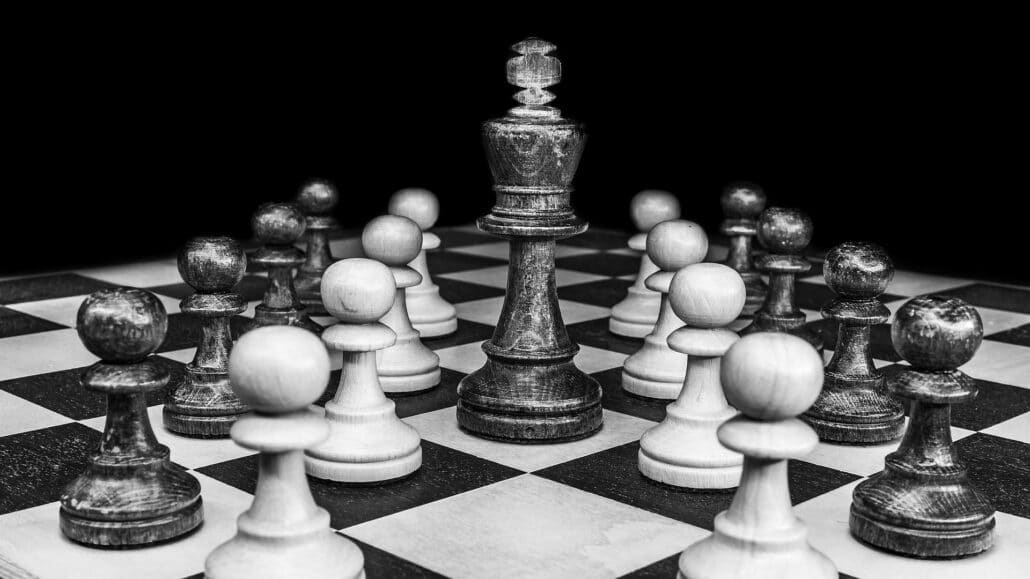
Chess cheating is a serious problem that must be addressed in order to keep the game fair and enjoyable for all players. The best way to prevent cheating is to be vigilant and aware of potential signs of cheating. Additionally, players should always be sure to follow tournament rules, such as not using electronic devices in the playing area.
In conclusion, chess cheating is an issue that can have serious repercussions. Players should take the necessary steps to ensure they are not cheating or being cheated on. By doing so, chess can remain a safe and enjoyable game for all.
- Be vigilant and aware of potential signs of cheating.
- Follow tournament rules.
- Take the necessary steps to ensure you are not cheating or being cheated on.

